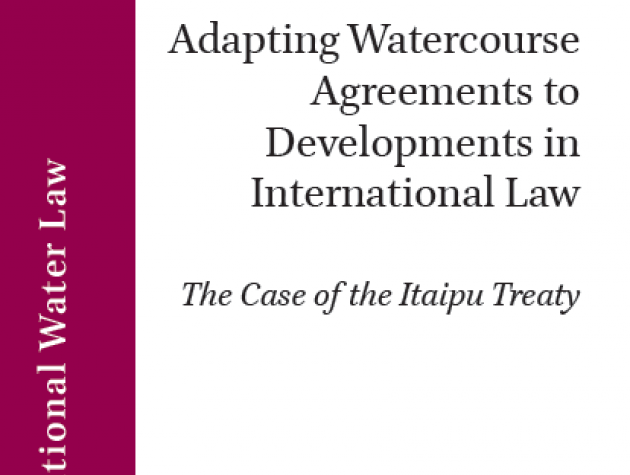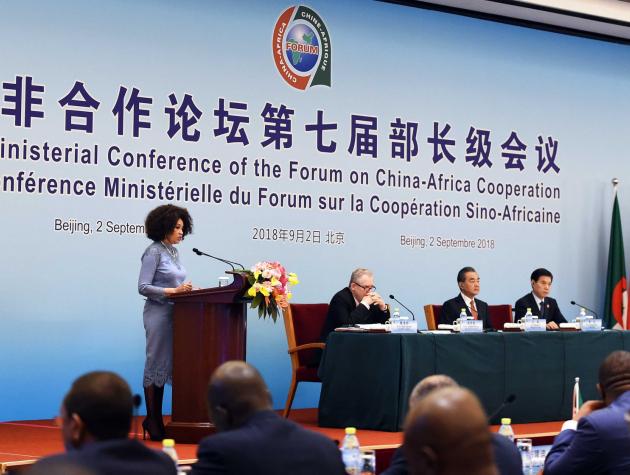GEG WP 2016/122 Relative Treatment of Aliens: Firm-level Evidence from Developing Countries
Abstract
Using a novel econometric estimator and extensive firm-level surveys, we show that foreign firms’ experiences at the hands of host governments tend to be as good, or better, than those reported by their domestic counterparts. Even when foreign firms are exposed to significant political risks in the developing world, domestic firms remain even worse off on average. Our findings are corroborated by local lawyers who work with both foreign and domestic firms in developing countries. The advantage enjoyed by foreign firms is observed in both middle- and low-income hosts, and is greatest in the latter. However, while low-income countries tend to treat foreign firms best relative to comparable domestic firms, they still treat foreign firms worse than middle-income countries do in an absolute sense. This contrasting pattern means that the findings of the large and growing literature on the cross-country causes and consequences of the absolute treatment of foreign firms cannot be transferred to the question of relative treatment.






